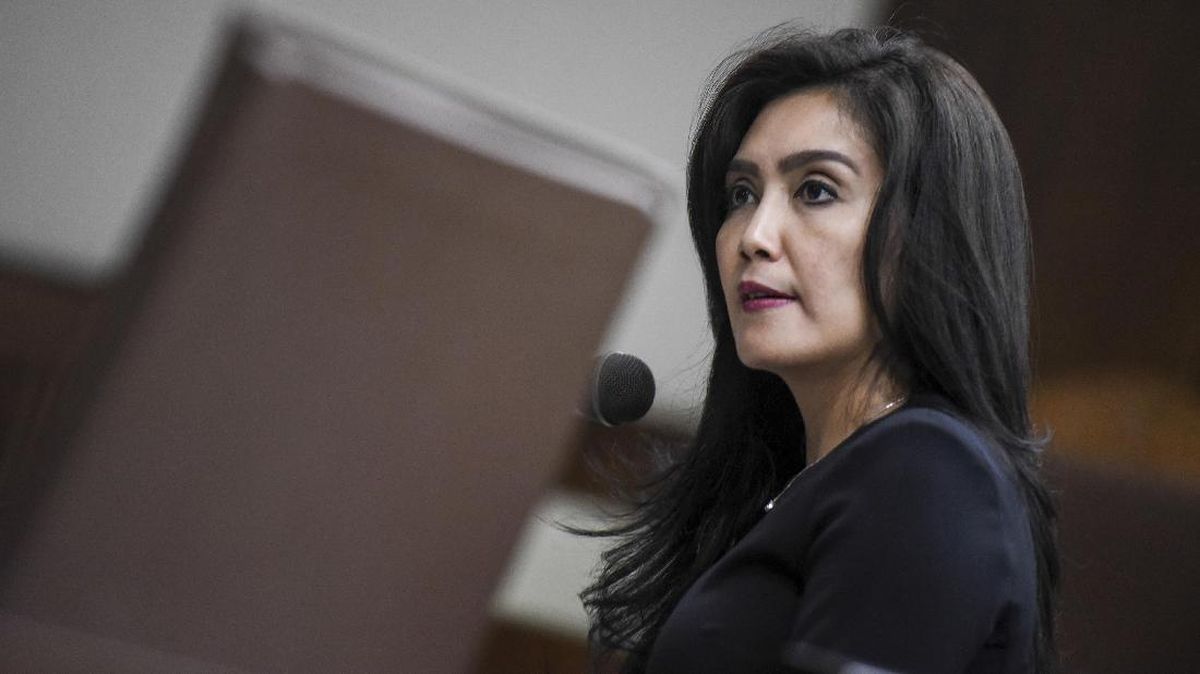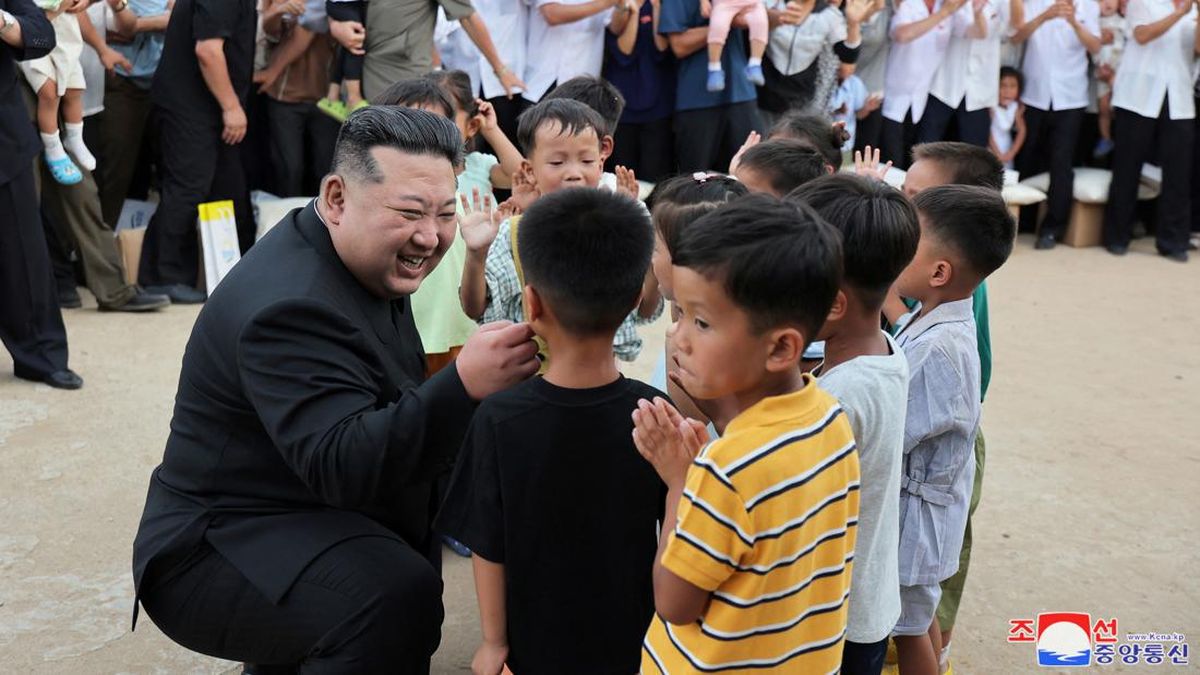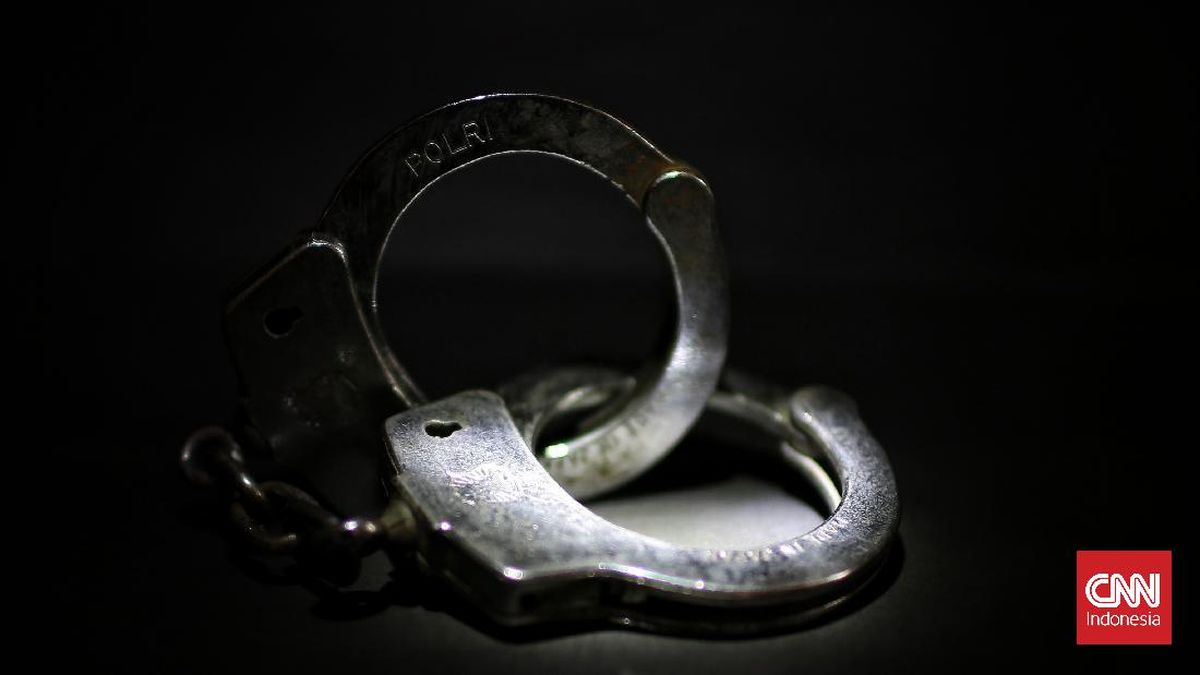A child is standing in the doorway of a living room holding a pink Barbie campervan aloft. Her expression is focused as she takes aim, ready to launch it at her sister’s head.
The child is mine. And I am out of my depth.
Just as she is about to throw the toy van, I leap forward and grab it from her hands. She races back to her room to find another missile. We perform this dance three times – “I won’t let you throw,” I say – before she changes tack and heads to the kitchen, where she takes a pair of scissors from the drawer, sits down on the floor and inserts a finger defiantly between the open blades.
My brain scans the various parenting tips I’ve been consuming lately on social media: All feelings are welcome, all behaviours are not; Punishment is ineffective for improving behaviour; They can’t regulate their emotions, but you can regulate yours; This is not a bad kid, this is a good kid having a hard time; I can cope with this.
Only I’m not sure I can. And I truly don’t know how to handle it.
In the olden days – when you and I were growing up – the advice was simple. We’d have grabbed that bloody campervan from her hands, said a few choice words, perhaps even thrown it in the bin, and sent her to her room to think about what she’d done.
Sadly, for anyone fluent in this approach, it is ineffective at raising a well-regulated, emotionally intelligent human. Rather, the so‑called “behaviourist approach” is associated with a lack of independence, low self-esteem and aggression, says Dr Billy Garvey, a Melbourne-based developmental paediatrician and author of Ten Things I Wish You Knew About Your Child’s Mental Health.
As research into childhood development has grown, behaviourism has given way to the boundary-less, permissive-parenting approach. Applying this approach might mean we’d have taken the hit from the campervan missile and then comforted the distressed child who threw it at us. The permissive approach (which Garvey says people often misconstrue as being the same as “gentle” parenting) is also ineffective and can increase hostility towards authority figures, lower empathy and stoke peer conflict.
Loading
Today, the advice is not so simple. A new breed of parenting educators has taken over the internet and is changing the way the next generation of kids is being raised. The wildly swinging parenting pendulum has settled on a muddier middle. It focuses more on the parent’s feelings than the child’s, and would neither punish my daughter nor let her throw the campervan at her sister’s (or my) head.
So what on earth is one to do? I take heart from the fact that many of these new parenting educators are also stuck in the muddiness of it all and that they, too, have questioned the sanity of their child as well as the sanctity of their parenting.
The bomb drops
On the day that I arrive at Genevieve Muir’s bungalow-style home in a leafy suburb of Sydney’s lower north shore, she’s forgotten I’m coming. There is a pile of laundry on the dining table and, though her hair is still immaculate from a morning television appearance, the mum of four boys, aged between eight and 15, appears frazzled.

Genevieve Muir had a “bomb drop” moment after attending a parenting course recommended by a nurse at a community health centre.
Once we’ve settled into the comfortable navy lounges with a pot of green tea, and with her groodle Poppy nuzzling me (or the baklava in my hand), the 46-year-old social worker tells me about her low point as a parent. At the end of one particularly long and hot day, she had finally got her three-month-old son, who had reflux, to sleep. Just as Muir was about to leave the nursery, her two-year-old son exploded into the room, roaring like a lion, and started shaking the bassinet. Muir, then in her early 30s, was apoplectic. “I thought, ‘What is wrong with my child?’ ”
She did what any self-respecting, behaviourist-reared person would do: she yelled at her son, shamed him for waking his baby brother and punished him. Of course, her two-year-old kept behaving like a two-year-old, hitting, pushing, biting and melting down, while her newborn with reflux kept crying. “When they cried and cried and nothing would fix it, like toddlers can, that felt like nails down a chalkboard,” says Muir, the author of Little People, Big Feelings.
Several months later, she found herself sitting in her local community health centre crying about how awful her children were. When the nurse gently suggested she try a course on parenting, Muir felt deeply offended. “I was like, ‘Does she not know who I am? I’m a social worker, I’m the daughter of a therapist, I do not need a parenting course. My problem is the children.’ ”
It’s difficult to be a regulated, calm parent all the time. ‘We all have crappy days when we want to flip the bird.’
Yet desperation makes us do strange things. She did the course and felt a “bomb drop”. The bomb was learning that certain emotions trigger us, likely because when we were children those emotions were rejected, or were the cause of punishment from caregivers. Now, as parents ourselves, those same emotions in our children elicit a visceral response in us. The instinct when they are upset, whinge, act out or disobey is to yell, smack, shame or send them to their rooms as we were sent to ours. “When a child has a meltdown, we’re telling parents to sit alongside them, but they’ve never had that modelled to them,” Muir says.
For the first time, Muir felt self-compassion and understood her own reactions. It was a skill that would later inform the parenting classes she runs at Sydney’s Mater Hospital, her book, and the clips she posts to her 67,000 followers on Instagram. [Muir also has 70,000 followers on TikTok and 16,000 on Facebook.]
“Sometimes the bigger problems with our children is our stuff, not their stuff,” says Maggie Dent, author of Mothering Our Boys and Muir’s friend and mentor. It’s difficult to be a regulated, calm parent all the time, adds Dent, who has a following of 191,000 on Instagram. “We all have crappy days when we want to flip the bird. [We should just] aim to be a good-enough parent.”
What being a “good-enough” parent means in practice is having compassion for ourselves when the kids and home life in general are starting to feel a bit overwhelming. It also means having empathy for our kids. I have at times wondered how I can expect them to have their emotional shit together when their 44-year-old mother doesn’t always have hers. And it means learning to hold the boundary, without being an arsehole. At least, most of the time.

Maggie Dent: sometimes the problems with our children are actually “our stuff”.Credit: Dylan Coker / Dreamchaser
When I talk to Professor Sophie Havighurst, a parenting researcher at Melbourne University, she says something that sticks with me. These practices – boundaries, self-compassion, empathy, warmth – are not just parenting skills, they are relationship skills. It’s obvious, but it strikes me because I’ve always thought of parenting as an instinct, or as an in-built capacity that we either have or do not have, not a relationship skill or a skill we must learn and practise.
“No wonder we feel like shit when it’s hard,” says Dr Becky, a child psychologist with more than 3.5 million followers on social media, in a recent clip on Instagram. “The only thing that comes naturally in parenting is how you were parented. It’s like being raised in English and wanting to teach your kid Mandarin and to speak to them in Mandarin. I don’t think anyone would think Mandarin is going to come naturally. You’re going to have to learn it and practise it and in your hardest, stressful moments, you would speak English. That doesn’t mean the Mandarin is not working.”
The demand for the advice of the Dr Beckys, Muirs, Dents and Garveys of the world, as well a range of unqualified parenting educators, is high. In the past five years, the online parenting market has become a multibillion-dollar business. On Instagram alone, the hashtag #parenting appears more than 23 million times, while #parentingtips is tagged more than 4.6 million times.
In this unregulated space, much content is designed to get clicks and ad revenue by preying on parents’ insecurities and fears they are not doing enough, let alone doing anything right. At its worst, it creates pressure, shame, confusion and the sense that everybody else is doing a better job (“They’re bloody not,” says Dent, god love her), and can steer us in the wrong direction, making us dismiss our better instincts. Some of the advice is also “potentially harmful”, says Garvey, a father of two who has more than 50,000 followers on social media; for instance, the message to new mums to “just relax” and enjoy being with their baby, when up to 30 per cent have postnatal depression.

Melbourne-based developmental paediatrician Dr Billy Garvey warns that advice on social media can be potentially harmful.
“Other messaging says, ‘for a certain price, I’ll show you how to make a baby sleep,’ ” Garvey tells me. “So many new parents are desperate and when they pay and try that method but it doesn’t work, they think that they’re the ones who are failing – not the program that was developed by someone without developmental training and who just saw a financial opportunity.”
But there is also advice that can provide much-needed perspective and a guide to a deeper, more enjoyable connection with our children. Muir suspects this desire is driving the demand for social media parenting: we know we want to do it differently, but we don’t yet know how to do it differently.
Regulating emotions
I never thought I’d say this, but this new generation of parenting educators on social media has helped me. The scraps of advice they provide have become mantras to approach parenting in a way that feels kinder (to myself and to my daughters) and more accepting of the mess.
It doesn’t prevent the rise of frustration and the instinct to threaten punishments when they turn into deranged, fire-breathing dragons because I’ve brought them the wrong snack. And it doesn’t mean I now know how to perfectly navigate missile or scissor stand-offs. But I can practise a little self-compassion to regulate my own emotions in the moment and appreciate that it is hard for anyone to know what to do sometimes.
Loading
So, I steady my breath and sit down next to my daughter. “Let me take these,” I say, removing the scissors. “Can I give you a hug?” She looks at me and crumples into my arms. I don’t know if I’ve responded in the right way.
Two minutes later, she hops up and walks over to her sister as though nothing happened. “Wanna play?”
To read more from Good Weekend magazine, visit our page at The Sydney Morning Herald, The Age and Brisbane Times.


















































